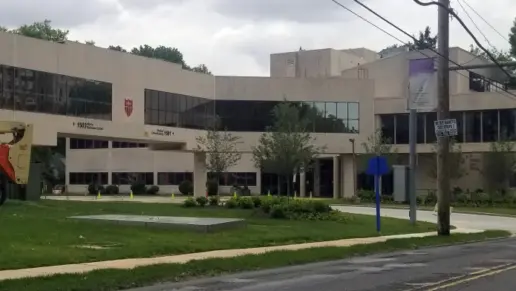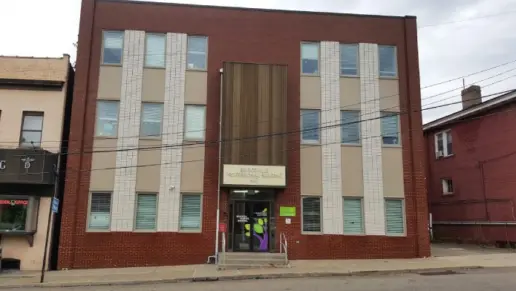About Montco Recovery Center : Alcohol & Drug Rehab Pennsylvania
The Montco Recovery Center is a private rehab center in Philadelphia, Pennsylvania, that focuses on providing people with comprehensive addiction treatment services in a wide range of substance abuse programs. This addiction treatment center’s goal is to provide individuals with engaging and effective treatment models that help them achieve long term sobriety.
The Monto Recovery Center develops drug and alcohol abuse treatment plans that are client focused and inclusive of all aspects of recovery to help heal the body, mind, and spirit. At this drug rehab center, clinicians utilize the disease model of addiction and evidence based practices in their programs to help individuals. These substance abuse treatment programs include:
The partial hospitalization program (PHP) offered at this addiction treatment center aims to bridge the gap between a higher level of care back into the community.
This drug and alcohol treatment program is more intensive than an IOP but less intensive than a residential treatment program. It offers individual and group therapy and treatment five days a week with sessions lasting a minimum of five hours (20 hours minimum weekly).
The generalized outpatient treatment program (GOP) provided by this rehab center focuses on relapse prevention, medication management, life skills, and family groups in addition to other therapies operated by the in house medical Director. Those who attend this GOP will need to attend treatment one or two nights weekly with one group session and one individual session.
The intensive outpatient program (IOP) operated by this addiction treatment center is run by an in house psychiatrist who helps individuals develop relapse prevention skills along with conducting medication management and cognitive behavioral therapy.
The length of this rehab center IOP differs from person to person based on addiction recovery needs, but most attend treatment three days a week for a minimum of nine hours weekly.
Rehab Score
Gallery
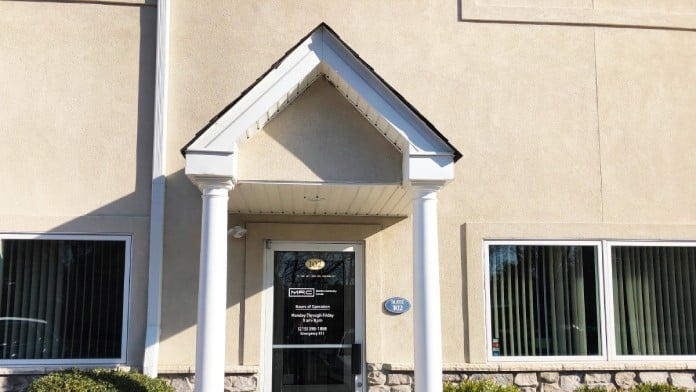
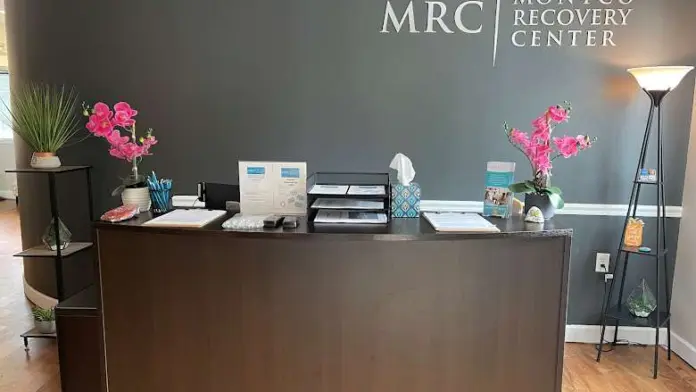
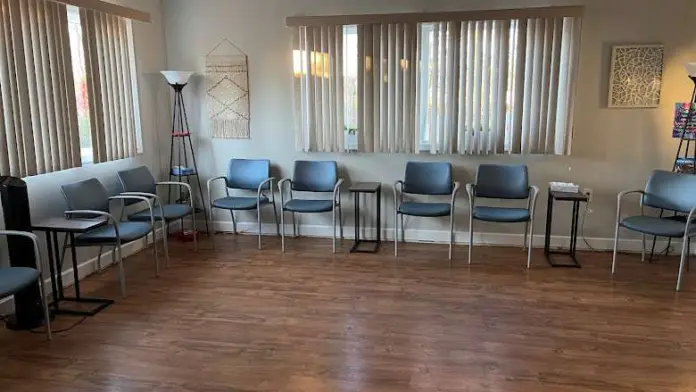
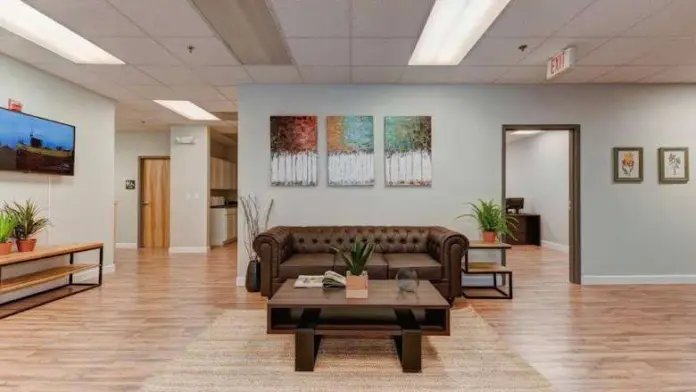
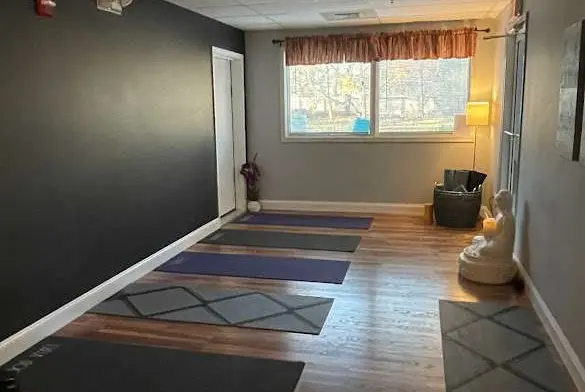
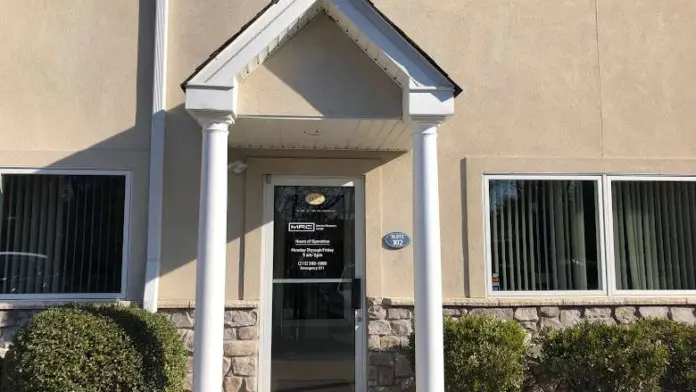
Location
Accepted Insurance
Other Forms of Payment
Private insurance refers to any kind of healthcare coverage that isn't from the state or federal government. This includes individual and family plans offered by an employer or purchased from the Insurance Marketplace. Every plan will have different requirements and out of pocket costs so be sure to get the full details before you start treatment.
Financial aid can take many forms. Centers may have grants or scholarships available to clients who meet eligibility requirements. Programs that receive SAMHSA grants may have financial aid available for those who need treatment as well. Grants and scholarships can help you pai for treatment without having to repay.
Medicare is a federal program that provides health insurance for those 65 and older. It also serves people under 65 with chronic and disabling health challenges. To use Medicare for addiction treatment you need to find a program that accepts Medicare and is in network with your plan. Out of pocket costs and preauthorization requirements vary, so always check with your provider.
Military members, veterans, and eligible dependents have access to specific insurance programs that help them get the care they need. TRICARE and VA insurance can help you access low cost or no cost addiction and mental health treatment. Programs that accept military insurance often have targeted treatment focused on the unique challenges military members, veterans, and their families face.
Addiction Treatments
Levels of Care
Programs

Clinical Services
Family therapy teaches individual family members in Pennsylvania the benefits of collectively combating addiction. Therapists help individual members establish healthy boundaries between themselves and their loved one who is struggling with addiction. This helps improve emotional support systems and creates a bond so families work together to sustain long term recovery.
It is important to process the impact that traumatic experiences have had on your life. During trauma therapy, you and an experienced therapist confront these experiences and the emotional impact it is had. This helps to reduce your symptoms of stress and anxiety and improve your overall mental health and well being.
Life skills are the mental and social skills that are necessary to navigate day to day life. Addiction diminishes or eliminates these skills, so they must be relearned and practiced during drug rehab treatment in Pennsylvania.
Cognitive behavioral therapy (CBT) in Pennsylvania can be helpful to individuals who are experiencing substance use disorder and various mental health conditions. It helps you identify damaging thought and behavior patterns and replace them with healthy ones.
Group therapy sessions in Pennsylvania offer you a safe space when you're struggling with drug and alcohol addiction. You can openly discuss your challenges and the progress you're making in rehabilitation. Sharing this responsibility with others in your group fosters a commitment to sobriety and helps create strong bonds with your peers.
Motivational interviewing in Pennsylvania gives you the opportunity to share your perspective and explore your ideas and motivation for change. Your therapist will walk you through the four steps of engaging, focusing, evoking, and planning to empower you to make any desired changes in your life.
Accreditations

The Joint Commission, formerly known as JCAHO, is a nonprofit organization that accredits rehab organizations and programs. Founded in 1951, the Joint Commision's mission is to improve the quality of patient care and demonstrating the quality of patient care.
Joint Commission Accreditation: Yes
Contact Information
262 Bethlehem Pike
Suite 102
Colmar, PA 18915







